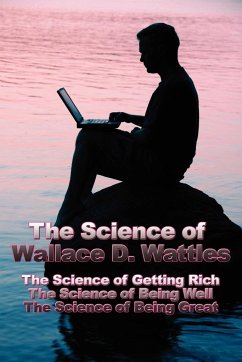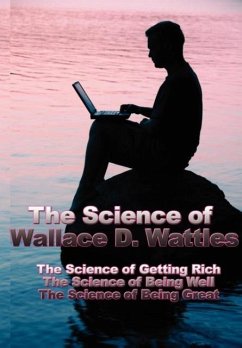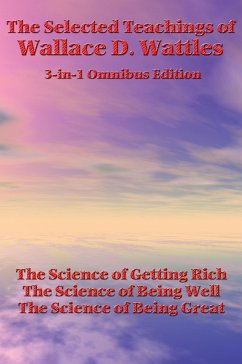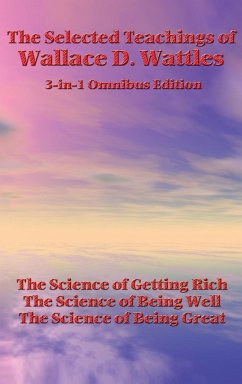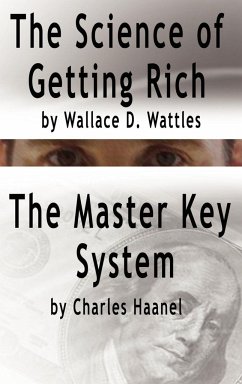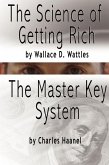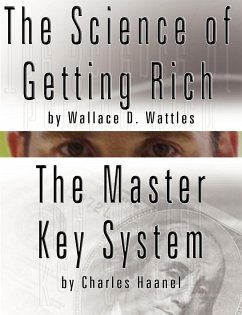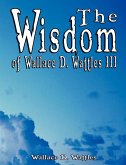Before there were the Law of Attraction: The Science of Attracting More of What You Want and Less of What You Don't Want, and The Science of Success: How to Attract Prosperity and Create Harmonic Wealth Through Proven Principles, there were The Science of Getting Rich, The Science of Being Well, and The Science of Being Great. These are the works the first introduced the world to the power of positive thinking. Wallace D. Wattles, pioneered the concepts that Michael Losier and James Arthur Ray would latter rework for a new generation. Now you can have all three landmark works in one volume and begin to think yourself well, great, and rich!

